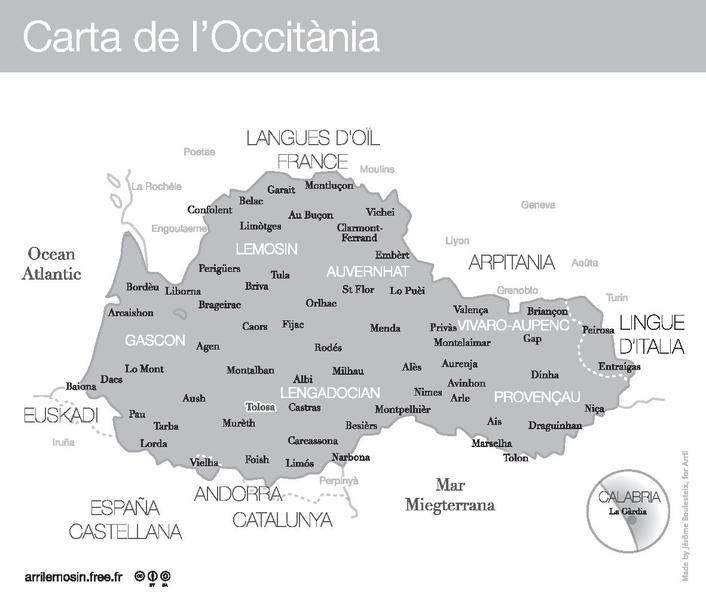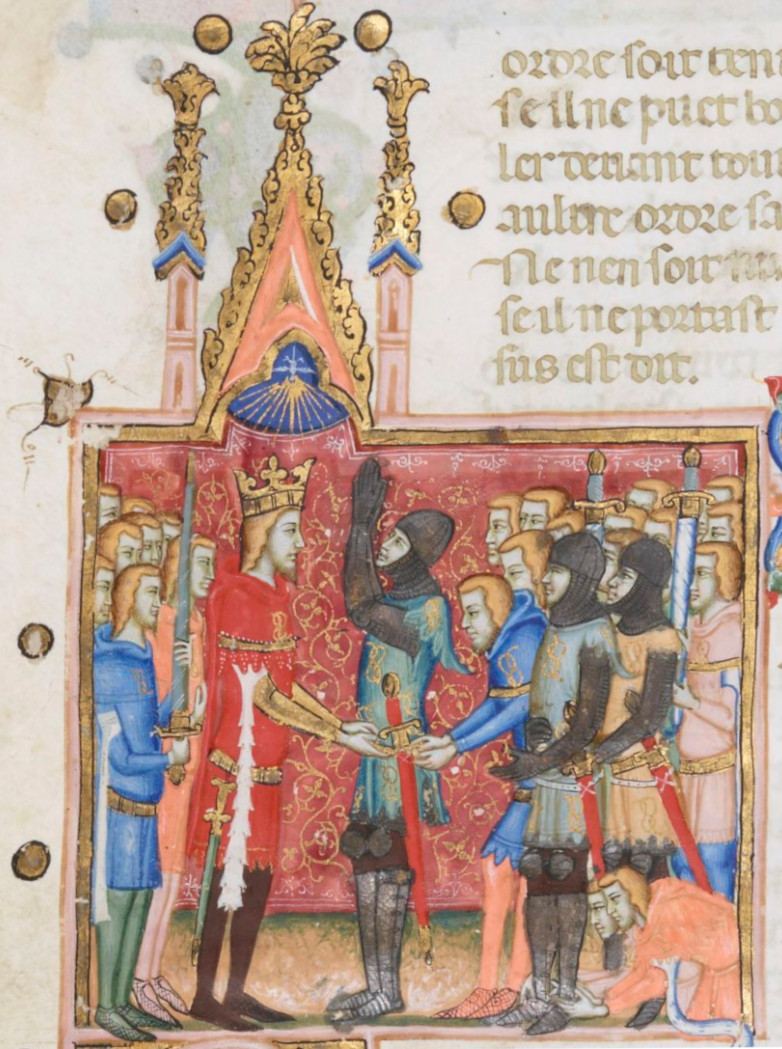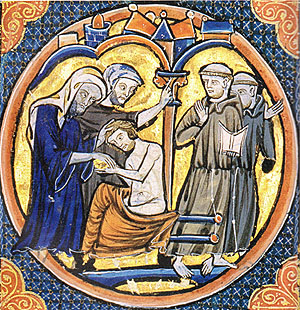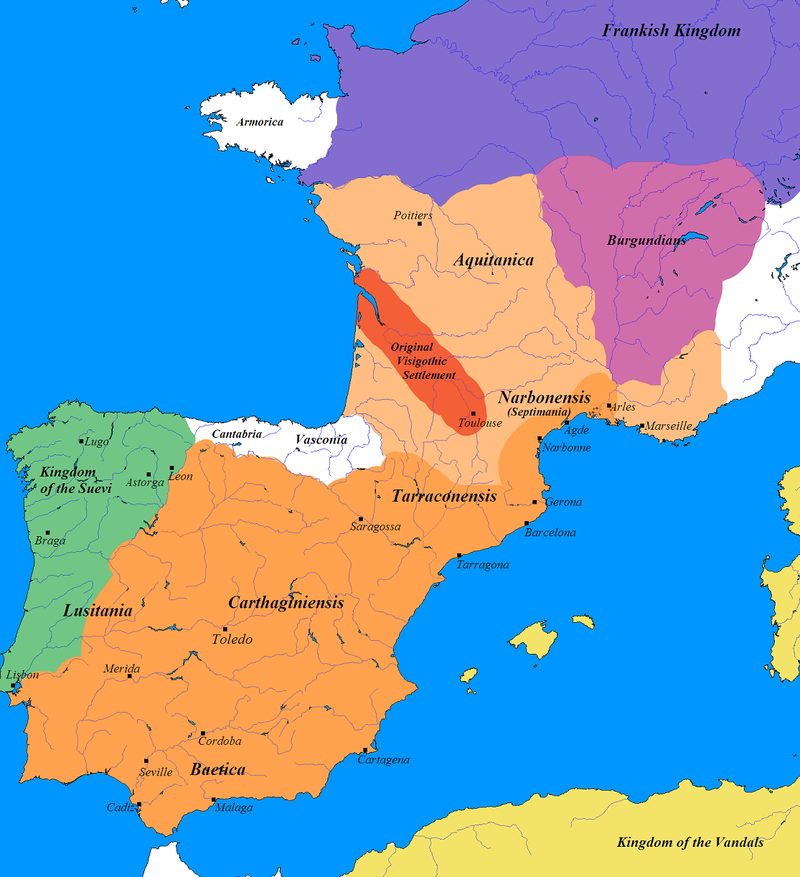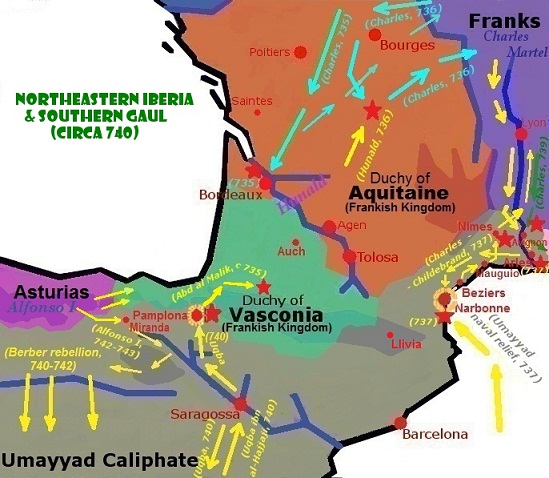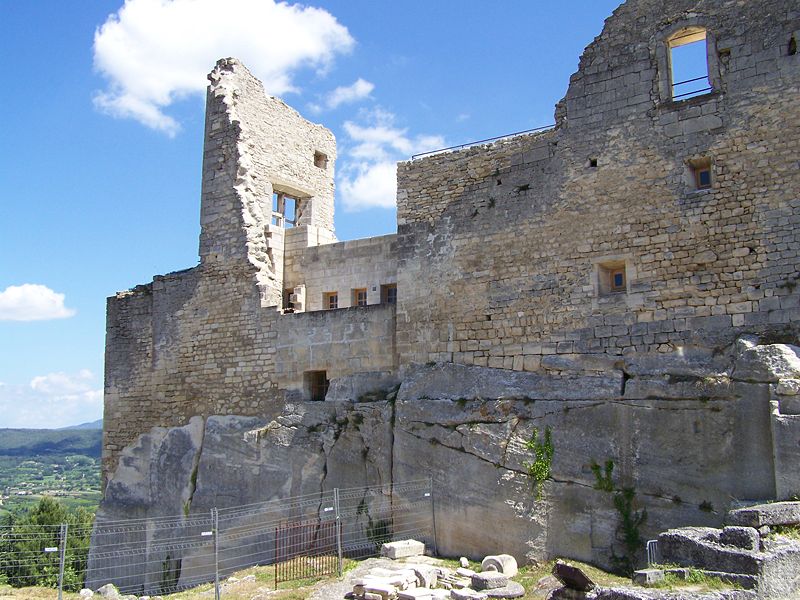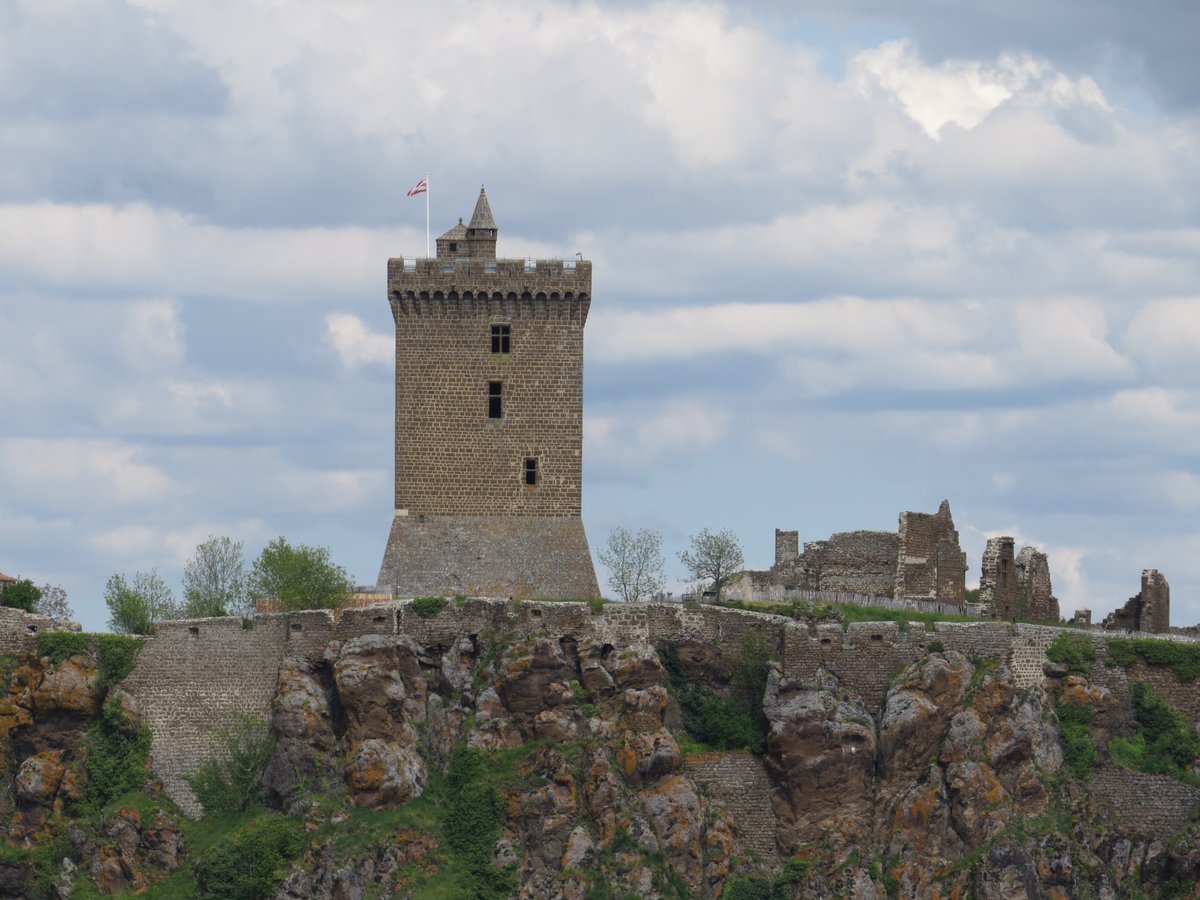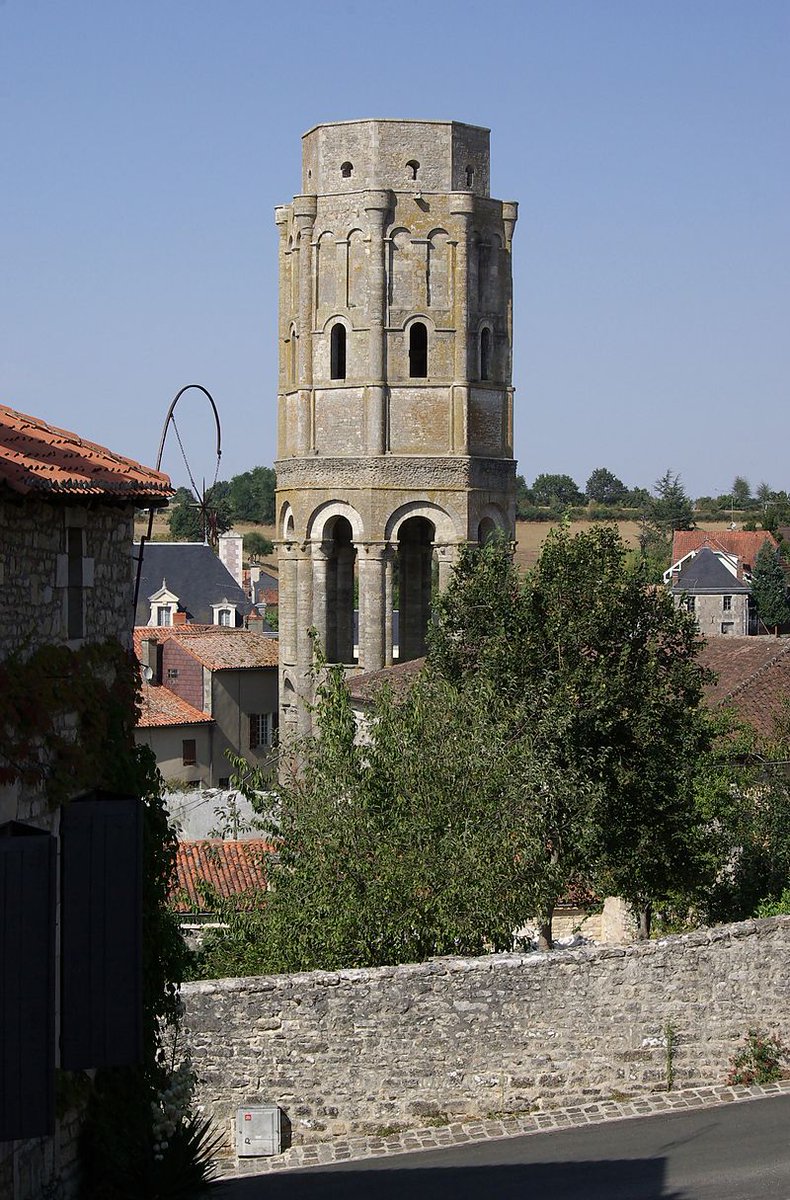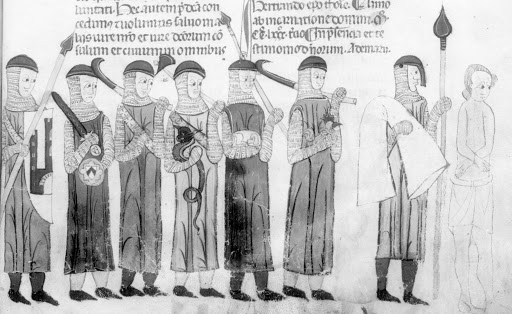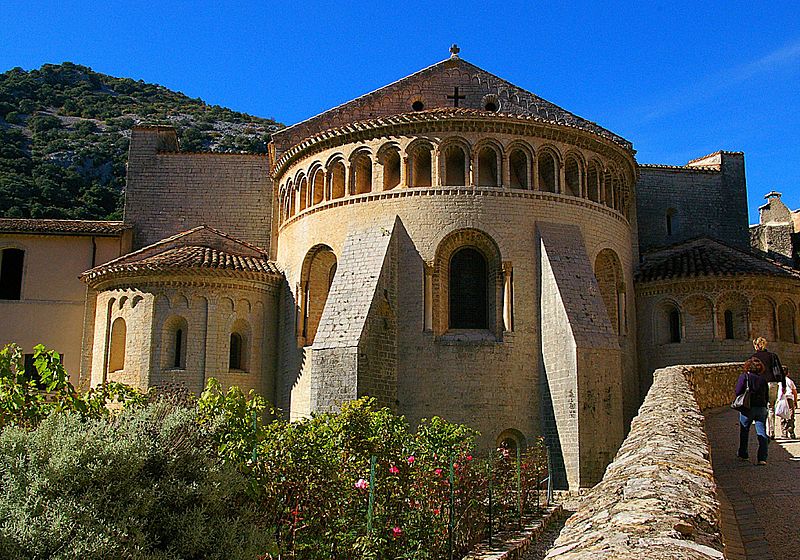Happy Tuesday y& #39;all, it& #39;s @tlecaque still, and let& #39;s talk regionalism, chaos, and the breakdown of central authority in Francia in the 10th century. That& #39;s right, it& #39;s feudal revolution time! #medievaltwitter, let& #39;s get controversial.
This is relatively controversial. Southern Francia tends to be where all of the pro-feudal revolution scholars study: the deeply missed Christian Lauranson-Rosaz on the Auvergne, Pierre Bonnassie on Catalonia, Jean-Pierre Poly on Provence, etc. They are also heavily historians 1/
of law, as opposed to scholars of n. Francia like Dominique Barthelemy, who work on literary sources and are anti-revolution. See Florian Mazel& #39;s brief https://journals.openedition.org/cem/4173 ">https://journals.openedition.org/cem/4173&... and read @Pseudo_Isidore & #39;s brilliant "Reframing the Feudal Revolution." 2/
So then: s. Francia is different in many ways, and has benefited from regional studies, but most popular texts have focused on later periods and sensational subjects like troubadour culture or Cathars rather than political divides. I can talk abt this elsewhere if y& #39;all want. 3/
It was a region that had a separate identity from other areas very early on—as the earliest Roman provinces outside of Italy in Provence and the Narbonnais, as the Visigothic Kingdom after the Empire’s fall, as the sub-kingdom of Aquitaine under the Merovingians. 4/
It was a recalcitrant region under the Carolingian emperors. The collapse of Carolingian authority in the 10th was a genuine collapse in southern Francia, not in that Carolingian institutions & ideology disappeared but that the centralizing hold of Charles Martel et al. fell. 5/
Between Muslim raids by land and sea, Vikings, Hungarians, and civil war, the region was one of the few places where discussing a “feudal revolution” makes sense--if you want sources I have far too many. Central authority FALLS, because it was imposed and distant. 6/
What emerges is a series of attempts by Frankish families with various connections to the Carolingian line to become new subkings, like in Arles-Burgundy or Italy or elsewhere, just without success in the end--and in the midst a number of smaller lords claiming local rule. 7/
One result was the 1st council of the Peace of God, held in the late 10th c in the Auvergne, before spreading into Aquitaine and Languedoc. In the early 11th c this effort morphed into the Truce of God in Roussillon, before the two merged in the mid-11th c, again in Languedoc. 8/
I& #39;ll talk about the Peace more later. Throughout these attempts at formulating a new sociopolitical landscape, the southern Franks drew on a tradition at once distinct from other regions of the post-Carolingian world—Mediterranean, Roman, Occitan—alongside the same Carolingian 9/
toolbox as others, including ancient Frankish nobility appointed by Carolingian emperors, Carolingian institutions to be supported and held onto, and ideological and kinship links to Charlemagne, real or imagined. 10/
The "revolution" of the 10th c gives rise to wars in the 11th. Lords began to expand their control, while monasteries and churches attempted to maintain their holdings against them--a milieu fraught with violence, danger, and potential. More tomorrow! -TWL /fin.

 Read on Twitter
Read on Twitter